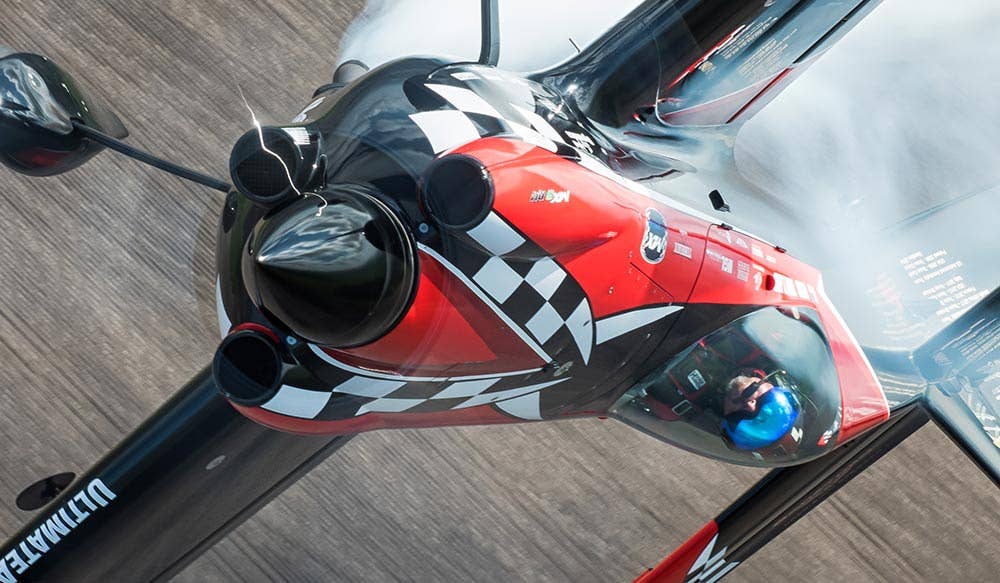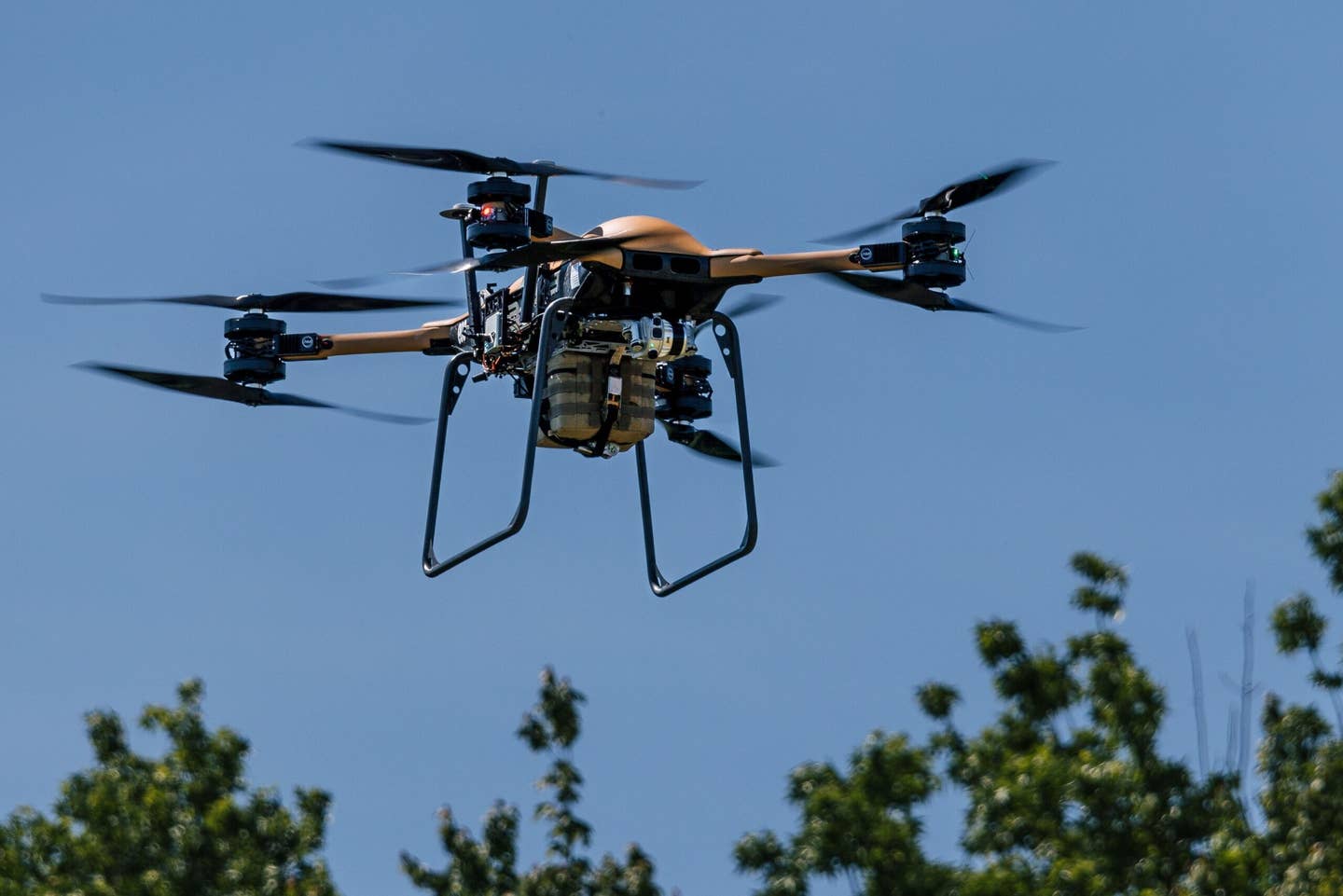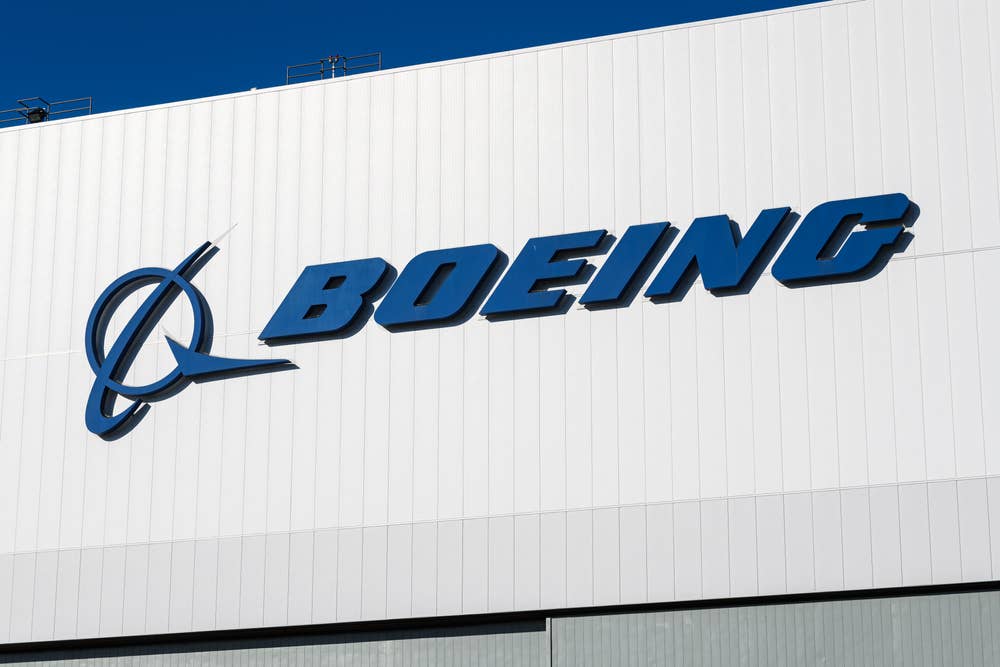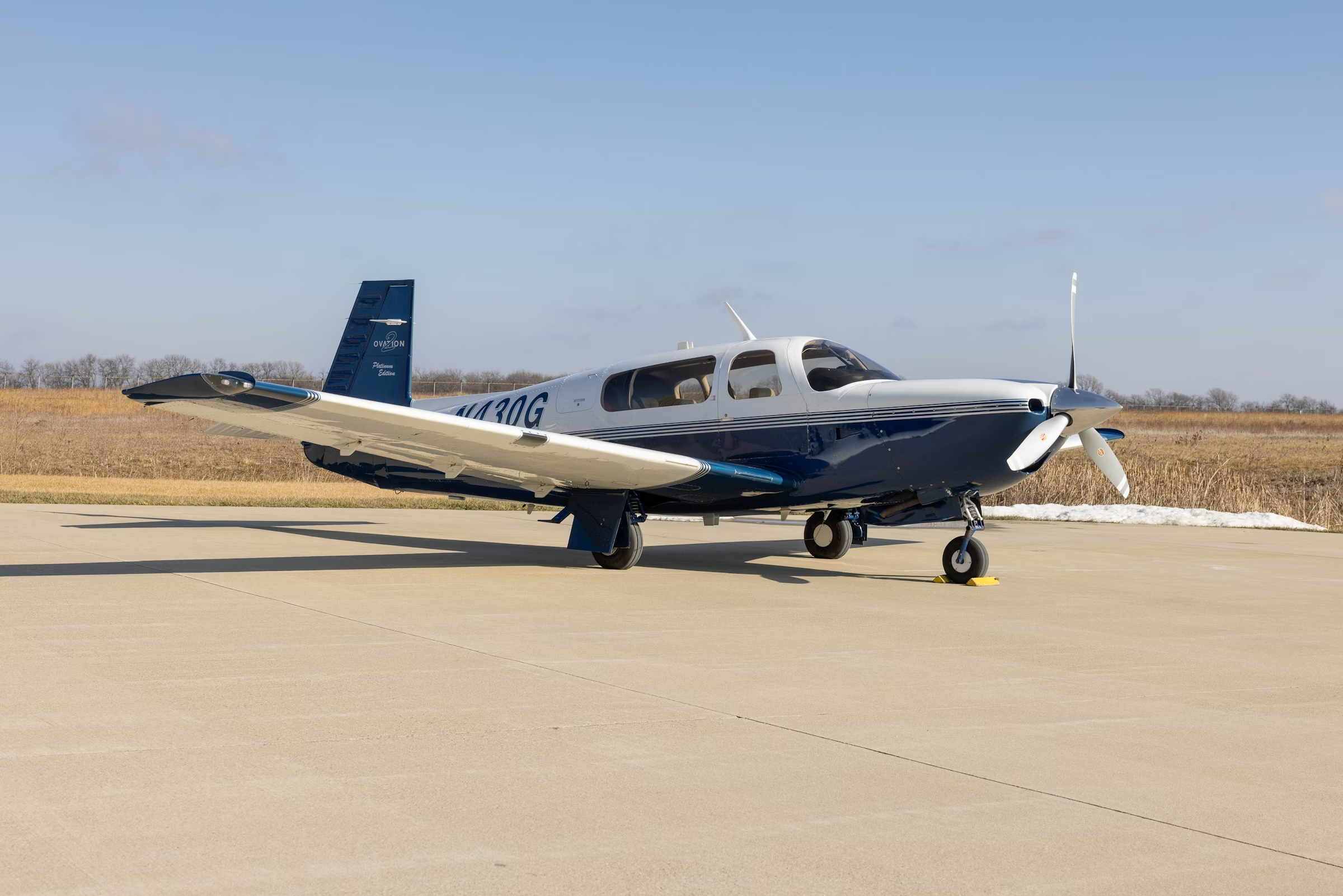Wisk Aero Wants Self-Flying Air Taxis in Long Beach, California
Wisk Aero has partnered with community leaders to pave the way for bringing self-flying electric vertical takeoff and landing (eVTOL) aircraft to the city.

Wisk Aero is the latest eVTOL player to partner with community leaders in Southern California. [Courtesy: Wisk Aero]
Offering another signal that Southern California could be an important cradle for the emerging air taxi industry, Wisk Aero has partnered with community leaders to pave the way for bringing self-flying electric vertical takeoff and landing (eVTOL) aircraft to Long Beach.
In its announcement Wednesday, the Boeing-backed eVTOL developer said its agreement with the Long Beach Economic Partnership (LBEP) aims to create a larger working group made up of business, local government, and community leaders to focus on evaluating, planning, and implementing air taxi service “with a focus on autonomous flight.”
For years, Wisk, based in Silicon Valley, has been flight testing self-flying, two-passenger demonstrator aircraft as it works toward FAA type certification.
It’s the latest eVTOL developer to stake a claim in the region, following in the footsteps of Hyundai, Archer Aviation, and Germany-based Volocopter, which have been working with Urban Movement Labs (UML) in Los Angeles.
Wisk and the LBEP intend to evaluate how bringing eVTOLs to Long Beach would potentially impact the local economy and job market in addition to measuring the community’s willingness to accept the idea of using a zero-emissions, self-flying, air taxi for short hops over congested traffic.
“We are excited to work with the City of Long Beach and LBEP in this unique partnership,” said Wisk CEO Gary Gysin in a statement. “Through this partnership, Long Beach has the opportunity to be one of the first cities to realize the economic and environmental benefits of [advanced air mobility] AAM, as well as to lead Southern California, and the United States, in autonomous, all-electric AAM.”
Why Southern California?
When other eVTOL developers expressed interest in launching air taxi service in the Los Angeles area last year, UML said eVTOL companies were drawn to the region for many reasons, in addition to offering an alternative to fighting L.A.’s legendary traffic gridlock.
Those reasons include the area’s climate, which provides plenty of good weather for safe flying. The region’s notorious smog problem makes for another eVTOL selling point. Also, the state has a history of embracing environmentally friendly technology.
Would You Use a Self-Flying Air Taxi?
It remains to be seen how quickly travelers and commuters will accept the idea of using self-flying air taxis, although Wisk is quick to point out that during flight operations of their aircraft “a human will always be in the loop.”
Wisk’s California-based competitors Archer and Joby Aviation both plan to launch their air taxi services with on-board pilots, before eventually transitioning to automation several years later.
“What we want to be sure that we do is offer a seamless and safe operation,” Gysin said during a news conference on January 24.
Wisk has said it believes autonomously flying air taxis will be safer and more cost effective than using onboard pilots—safer because Wisk says most aircraft accidents are blamed on human error.
Approximately five years after entering service, Gysin said he expects to have more than 2,000 aircraft in operations. The privately held Wisk has been quiet about sharing its expected timeline for certification and entering service, saying it’s focusing on safety rather than timelines.

Sign-up for newsletters & special offers!
Get the latest FLYING stories & special offers delivered directly to your inbox






